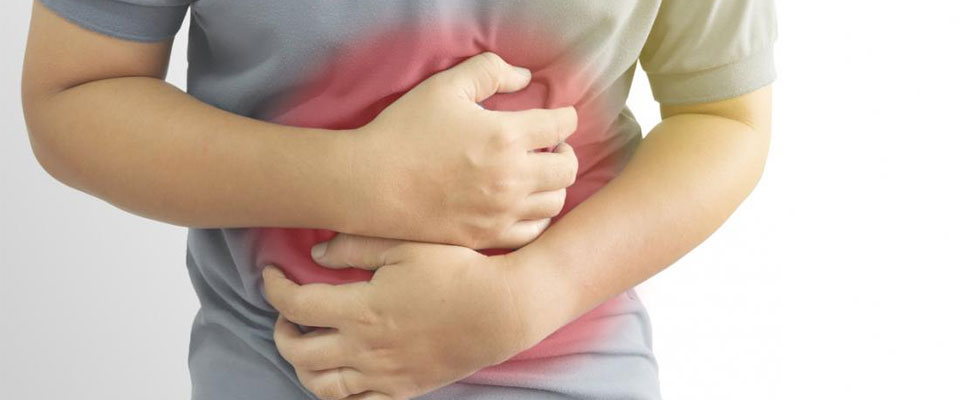
Pancreatitis is a disease in which the pancreas becomes inflamed. Pancreatic damage happens when the digestive enzymes are activated before they are released into the small intestine and begin attacking the pancreas.
There are two forms of pancreatitis: acute and chronic.
WHAT IS PANCREAS?
1. The pancreas is a large gland behind the stomach and next to the small intestine. The pancreas does two main things:
2. It releases powerful digestive enzymes into the small intestine to aid the digestion of food.
3. It releases the hormones insulin and glucagon into the bloodstream. These hormones help the body control how it uses food for energy.
ACUTE PANCREATITIS
Acute pancreatitis is a sudden inflammation that lasts for a short time. It may range from mild discomfort to a severe, life-threatening illness. Most people with acute pancreatitis recover completely after getting the right treatment. In severe cases, acute pancreatitis can result in bleeding into the gland, serious tissue damage, infection, and cyst formation. Severe pancreatitis can also harm other vital organs such as the heart, lungs, and kidneys.
CHRONIC PANCREATITIS
Chronic pancreatitis is long-lasting inflammation of the pancreas. It most often happens after an episode of acute pancreatitis. Heavy alcohol drinking is another big cause. Damage to the pancreas from heavy alcohol use may not cause symptoms for many years, but then the person may suddenly develop severe pancreatitis symptoms.
Symptoms of Acute Pancreatitis:
1. Upper abdominal pain that radiates into the back; it may be aggravated by eating, especially foods high in fat.
2. Swollen and tender abdomen
3. Nausea and vomiting
4. Fever
5. Increased heart rate
Symptoms of Chronic Pancreatitis:
The symptoms of chronic pancreatitis are similar to those of acute pancreatitis. Patients frequently feel constant pain in the upper abdomen that radiates to the back. In some patients, the pain may be disabling. Other symptoms are diarrhea and weight loss caused by poor absorption (malabsorption) of food.
This malabsorption happens because the gland is not releasing enough enzymes to break down food. Also, diabetes may develop if the insulin-producing cells of the pancreas are damaged.
What Causes Pancreatitis?
In most cases, acute pancreatitis is caused by gallstones or heavy alcohol use. Other causes include medications, autoimmune disease, infections, trauma, metabolic disorders, and surgery. In up to 15% of people with acute pancreatitis, the cause is unknown.
In about 70% of people, chronic pancreatitis is caused by long-time alcohol use. Other causes include gallstones, hereditary disorders of the pancreas, cystic fibrosis, high triglycerides, and certain medicines. In about 20% to 30% of cases, the cause of chronic pancreatitis is unknown.
Treatment for Acute Pancreatitis:
People with acute pancreatitis are typically treated with IV fluids and pain medications in the hospital. In some patients, pancreatitis can be severe and they may need to be admitted to an intensive care unit (ICU). In the ICU, the patient is closely watched because pancreatitis can damage the heart, lungs, or kidneys. Some cases of severe pancreatitis can result in the death of pancreatic tissue. In these cases, surgery may be necessary to remove the dead or damaged tissue if an infection develops.
An acute attack of pancreatitis usually lasts a few days. An acute attack of pancreatitis caused by gallstones may require removal of the gallbladder or surgery of the bile duct. After the gallstones are removed and the inflammation goes away, the pancreas usually returns to normal.
Treatment for Chronic Pancreatitis:
Chronic pancreatitis can be difficult to treat. Doctors will try to relieve the patient's pain and improve the nutrition problems. Patients are generally given pancreatic enzymes and may need insulin. A low-fat diet may also help.
Surgery may be done in some cases to help relieve abdominal pain, restore drainage of pancreatic enzymes or hormones, treat chronic pancreatitis caused by blockage of the pancreatic duct, or reduce the frequency of attacks.
Patients must stop smoking and drinking alcoholic beverages, follow their doctor's and dietitian's dietary advice, and take the proper medications in order to have fewer and milder attacks of pancreatitis.
Can Pancreatitis Be Prevented?
Because most cases of pancreatitis are caused by alcohol abuse, prevention is directed at responsible drinking or no drinking at all. If heavy drinking is a concern, talk to your doctor or health care professional about a referral to an alcohol treatment center. Also, you may benefit from a support group such as Alcoholics Anonymous.